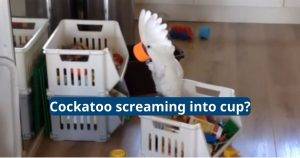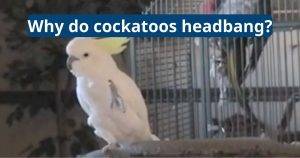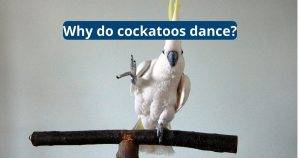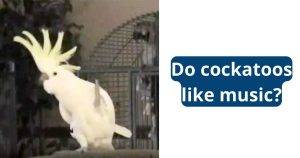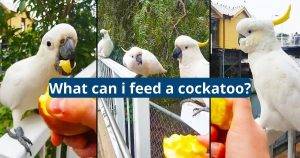Why My Cockatiel Won’t Stop Screaming
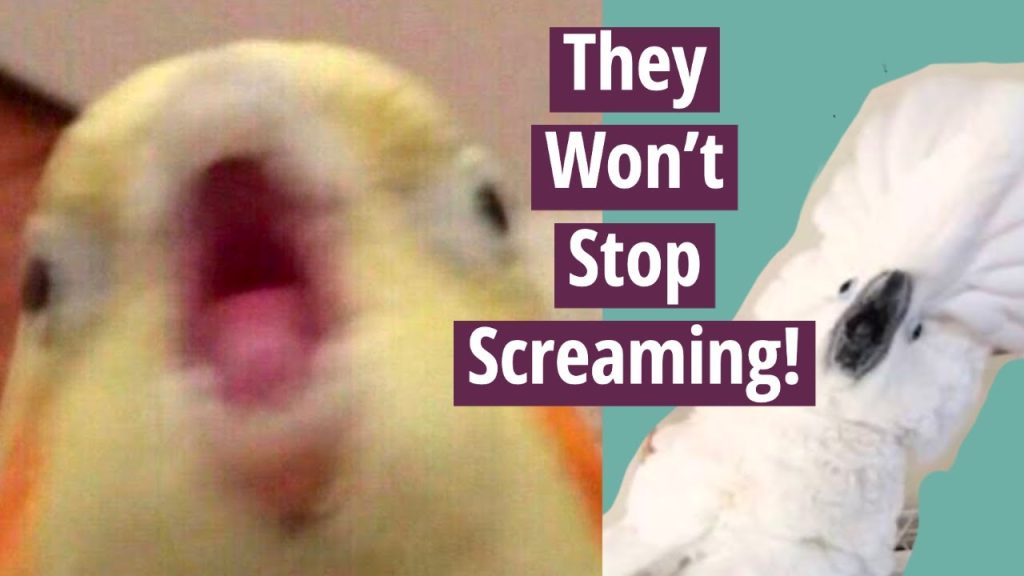
Cockatiels are natural vocalisers and will often screech from time to time. It is known as contact calling, and is an instinctual way of checking in with their flock members. However, if your cockatiel’s screech marathon becomes out of control, it can cause significant stress for you and your pet. It is important to avoid reacting by rushing over to give them attention as this will reinforce the noisy behavior.
Causes

Cockatiels who are bored, lonely or stressed may begin screaming. This can happen if their cage is too small and they cannot get enough exercise, if the owners are absent for extended periods or if they are forced to interact with people who do not understand how to handle them properly.
They may also scream when their environment becomes too noisy. This can be caused by loud chatter, T.V noise or vacuums, cats and other pets in the house, and night frights. If this happens, reduce the noise level in the house and put the bird in a quiet room for a portion of each day.
Screaming can also be a sign that the cockatiel is not getting enough to eat. Feed the bird a high-quality, complete diet and make sure he has plenty of interactive toys in his cage to keep him busy. Also, give him treats in food puzzles that require him to work for them.
Treatment
Cockatiels normally scream when they are frightened, but they can also scream to express their desire for social interaction or to alert their owners of potential danger. When they start to scream excessively, it could be a sign that the bird is stressed or sick. They may be injuring themselves or their cage, or they might be adjusting to being alone. In this case, you should make sure they have plenty of toys and other activities in their cage to keep them busy when you aren’t around.
You can try to reduce the amount of time your cockatiel spends screaming by ignoring their calls and rewarding them with something they like when they are quiet. You should never scold a cockatiel for screaming, as this can cause bad behaviors such as fear biting or feather plucking to become worse. Instead, you should praise them for being quiet and offer them treats to reward them for the behavior.
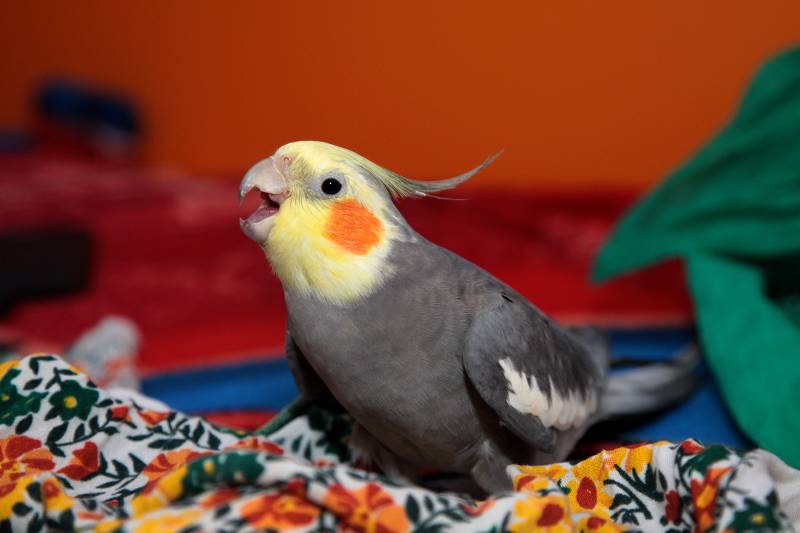
Prevention
Cockatiels are highly sensitive to their environment and will squawk to get attention when they need something. Try to create a calm and quiet environment, especially at night. Limit your cockatiel’s exposure to light by covering their cage with an opaque cover at night, and provide them with plenty of dark and quiet time.
In the wild, cockatiels live in flocks of up to 20 birds and are accustomed to constant contact with their flock members. A cockatiel that feels lonely or neglected will start screeching as a way to call out to its family. Try adding a companion bird to your home, or even just spending more time interacting with your cockatiel.
Whenever your cockatiel begins to squawk, avoid reacting to it by yelling back at it, banging on the cage or squirting it with water. These types of actions will only reinforce the behavior. Instead, ignore your cockatiel when it squawks and give it attention only when it is quiet.
Remedies
If your cockatiel’s screeching and squawking are causing you a headache, there are several things you can try to stop it. For starters, avoid rushing over to him when he starts to squawk or screech. This will only reward his behavior as he knows that loud noises will get him your attention. If you want to play with him or feed him, do it quietly and only after he is quiet.
Cockatiels are flock animals, and they squawk in order to communicate with members of their flock. If your home is overly noisy, this can trigger his natural instinct to scream in order to be heard above the commotion. Lowering the noise levels in your home by speaking softly around him and avoiding using the vacuum cleaner or TV can help. Also, try to give him more toys for enrichment in his cage and make sure he gets enough mental and physical stimulation each day.

